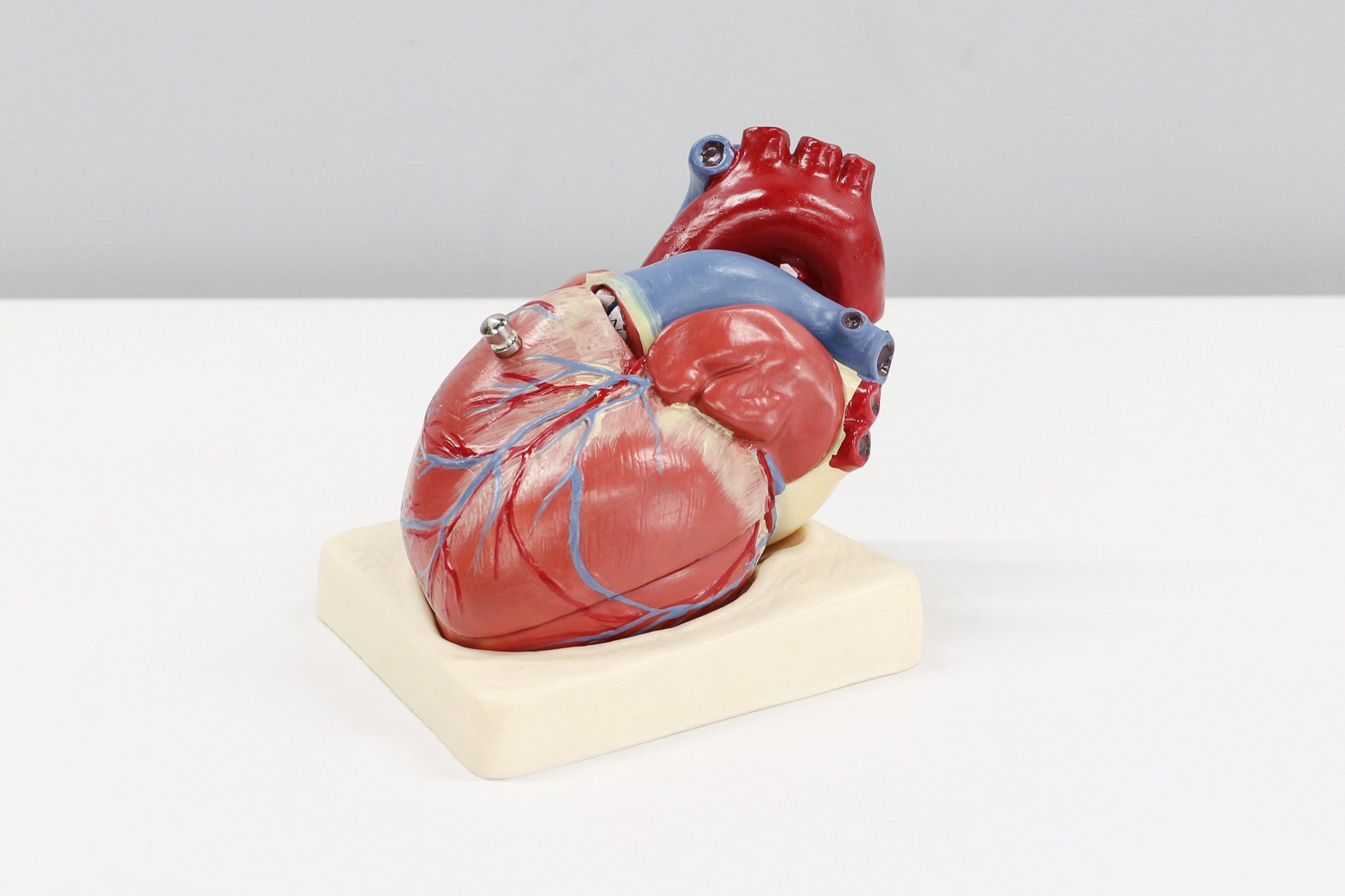With an increase in stress levels, sedentary lifestyles, and unhealthy dietary patterns, cases of non-communicable diseases like diabetes, hypertension and coronary artery disease have also risen. People are more prone now to diseases like heart failure.
Heart failure, also known as congestive heart failure, occurs when the heart muscle does not pump blood properly and blood often backs up and fluid accumulates in the lungs, leading to breathlessness.
Also Read | Check out these warning signs for Type 2 diabetes
Heart failure is a potentially life-threatening condition that occurs due to the weakening or stiffening of the heart muscle over time. In India, close to 8 to 10 million people are affected by heart failure, leading to nearly 1.8 million hospitalizations every year.
Also Read | 5 common signs of vitamin deficiency
Symptoms of congestive heart failure:
Constant fatigue and weakness
When the heart muscles are weak, the heart does not pump enough blood, which results in a reduction in the amount of oxygen circulating in the body. This can lead to continuous fatigue, difficulty in doing everyday activities like climbing stairs, walking or carrying groceries. Constant tiredness and weakness should not be ignored.
Also Read | Forbid me, but don’t do this to your kidney! 10 habits to stop
Shortness of breath
Heart failure can lead to fluid build-up in the lungs. This can result in feeling short of breath while exercising or even performing everyday activities and may leave you exhausted and anxious.
Also Read | Is consuming caffeine regularly good or bad for your body?
Swelling in the ankles, legs, and abdomen
Due to heart failure, blood can begin to gather, especially in the legs and feet, which can cause swelling in the ankles, legs, or abdomen.
Also Read | 5 symptoms of heart failure that can be identified early
Unwanted weight gain
Sudden weight gain could be the result of fluid retention in the body. It should not be ignored or taken lightly as a random or routine weight fluctuation.
Also Read | Tips to keep your skin healthy during winter
Rapid or irregular heartbeat
As the heart may not pump enough blood, it may speed up to compensate, causing a rapid or irregular heartbeat and you may feel a fluttering sensation or palpitation. Patients with chronic conditions like diabetes or hypertension need to get themselves checked regularly as their ongoing treatments may subdue heart failure symptoms.
Also Read | What are the early symptoms of AIDS?
Early diagnosis and proper treatment can improve the signs and symptoms of congestive heart failure. Effective disease management along with lifestyle changes such as reducing weight, exercising, reducing sodium in your diet, and stress management can help the patient live longer. Heart failure is a life-threatening condition and people with severe symptoms may need a heart transplant or a ventricular assist device (VAD).
If you experience any of these symptoms, immediately consult a doctor to avoid further health complications.







